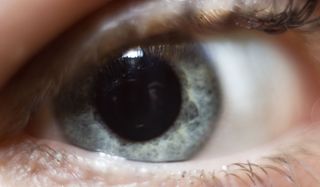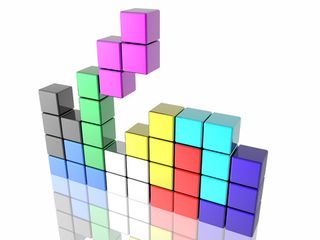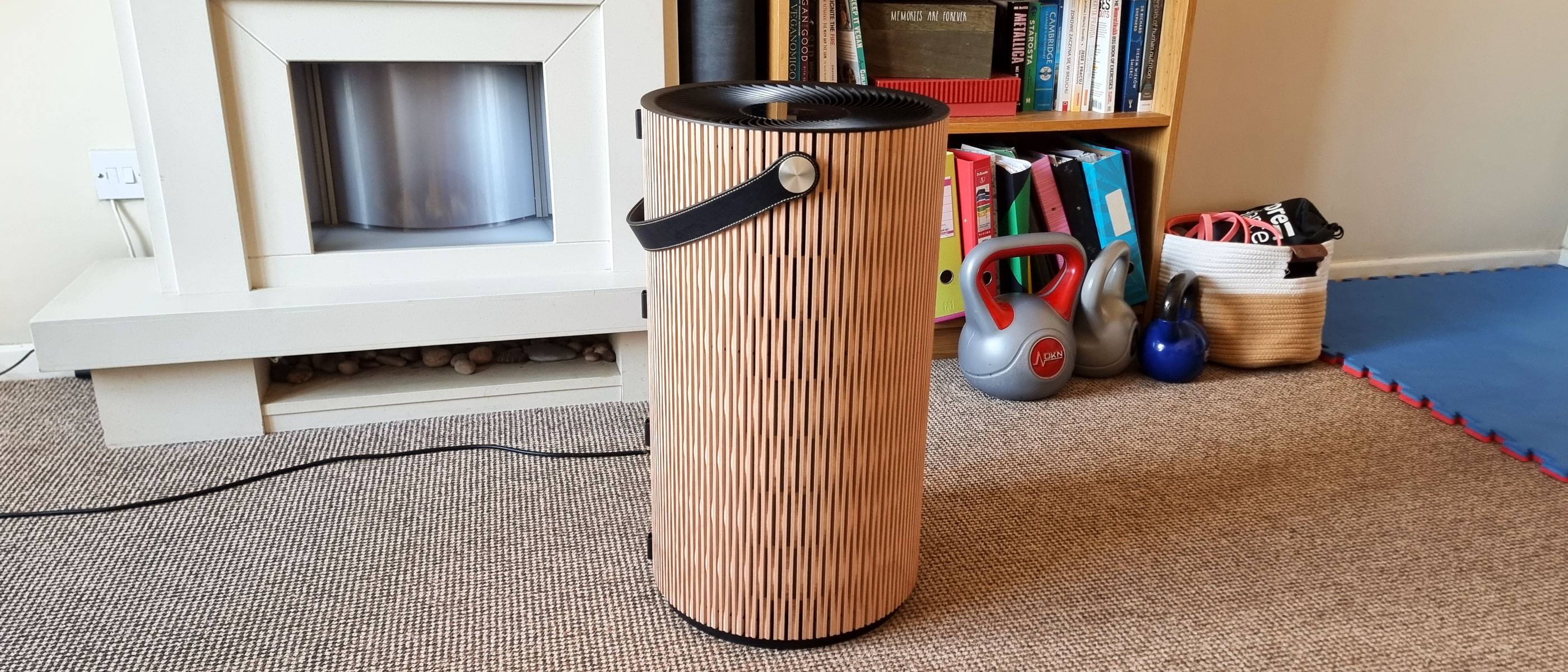
Robin Nixon Pompa
Robin Nixon is a former staff writer for Live Science. Robin graduated from Columbia University with a BA in Neuroscience and Behavior and pursued a PhD in Neural Science from New York University before shifting gears to travel and write. She worked in Indonesia, Cambodia, Jordan, Iraq and Sudan, for companies doing development work before returning to the U.S. and taking journalism classes at Harvard. She worked as a health and science journalist covering breakthroughs in neuroscience, medicine, and psychology for the lay public, and is the author of "Allergy-Free Kids; The Science-based Approach To Preventing Food Allergies," (Harper Collins, 2017). She will attend the Yale Writer’s Workshop in summer 2023.
Latest articles by Robin Nixon Pompa

How to tell you're in love with someone, according to science
By Robin Nixon Pompa, Patrick Pester last updated
Reference Your brain and behaviors tell you you're in love in a variety of ways. Here's 14 signs you've been struck by Cupid.

Going for Gold! 7 Olympic Secrets to Success
By Robin Nixon Pompa last updated
The same tricks that work for Olympians can also lead to everyday success.

25 Medical Myths That Just Won't Go Away
By Robin Nixon Pompa, Karen Rowan published
Some medical myths endure no matter how many times they've been disproven. Here are 25 that just won't go away.

10 Things Every Woman Should Know About a Man's Brain
By Robin Nixon Pompa published
From his wandering eye to his real desire to mate for life, learn what every woman should know about the male brain.

11 Big Fat Pregnancy Myths
By Robin Nixon Pompa published
To separate fact from fiction, we examined the science behind the hearsay.

5 Myths About Fertility Treatments
By Robin Nixon Pompa published
LiveScience debunks a host of misconceptions about test-tube babies.

Adolescent Angst: 5 Facts About the Teen Brain
By Robin Nixon published
Here's what's really going on inside your teen's head.

Odd Ways the Mind Warps Time
By Robin Nixon Pompa published
Your age, emotional state and even type of activity can affect how you perceive time.

Matters of the Brain: Why Men and Women Are So Different
By Robin Nixon Pompa published
Here are the sex differences in the brain that are backed by science.

Tetris May Treat PTSD, Flashbacks
By Robin Nixon Pompa published
Video-game therapy may seem simple, but studies show soldiers and other trauma victims may benefit.

The Neuroscience of Self-Esteem, Self-Criticism and Self-Compassion
By Robin Nixon Pompa published
Here's a look at how the brain navigates the "self."

Self-Compassion: The Most Important Life Skill?
By Robin Nixon Pompa published
Here's a parenting tip that may trump Amy Chua's tiger mom advice.

5 Ways to Foster Self-Compassion in Your Child
By Robin Nixon Pompa published
Here's a critical life skill you can impart to your children, experts say.

5 Myths About Women's Bodies
By Robin Nixon Pompa published
Much misinformation about the female body circulates in mainstream consciousness.

Bullies Bruise Brains, Not Just Egos
By Robin Nixon Pompa published
How bullies change their victims' brains and help instill social anxiety.

11 Facts Every Parent Should Know About Their Baby's Brain
By Robin Nixon Pompa published
Find out why all babies are born too early, why they make silly faces, and how fast their brains grow.

The Midlife Crisis Is a Total Myth
By Robin Nixon Pompa published
The red sports car and sex with the secretary don't define midlife, experts say.

10 Ways to Keep Your Mind Sharp
By Robin Nixon Pompa published
Top prevention tips worth their weight in wits.

5 Myths About the Male Body
By Robin Nixon Pompa published
From rumors about foot size to sex life, here are 5 assumptions about men's bodies that are totally false.

Best Fitness Routines Fit Your Personality, Studies Show
By Robin Nixon Pompa published
What do your exercise habits say about your personality?

Santa's Checkup: Should We Fret About St. Nick's Health?
By Robin Nixon published
A doctor gives Santa a checkup.

Adult Picky Eaters Now Recognized as Having a Disorder
By Robin Nixon Pompa published
Bob Krause is 63 years old, but admits he eats like a 4-year-old.
Get the world’s most fascinating discoveries delivered straight to your inbox.


